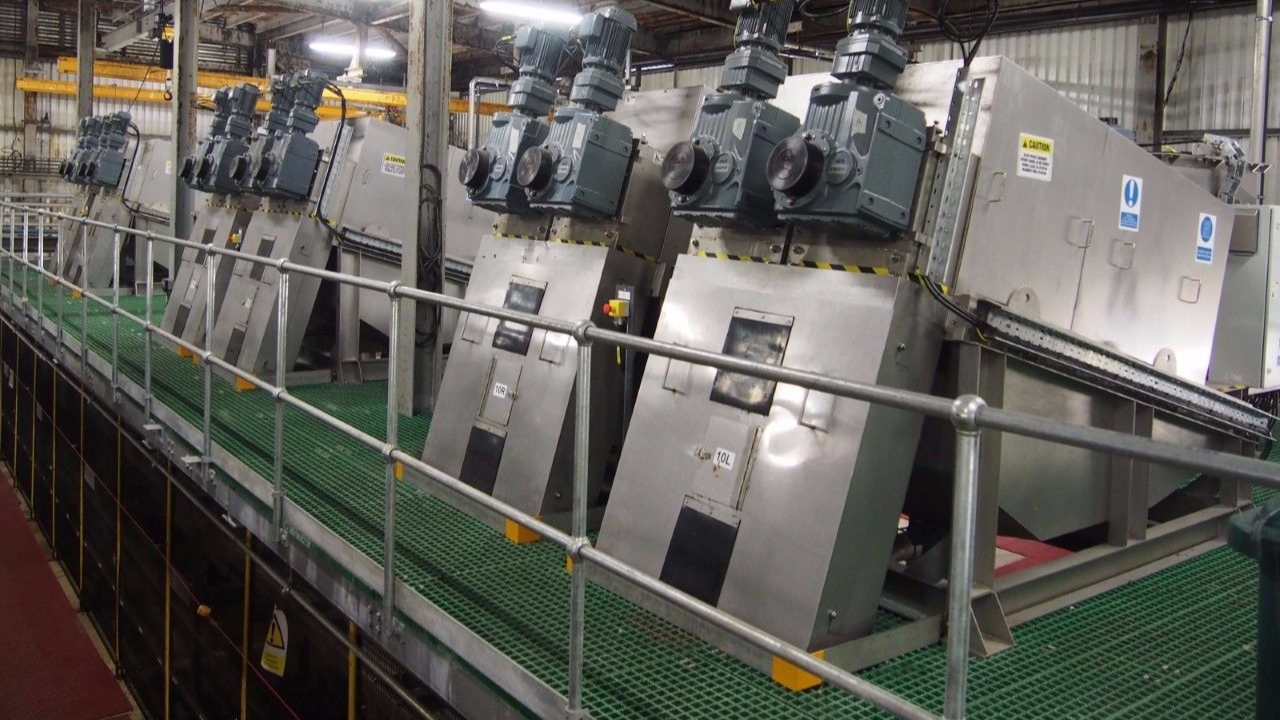“Increasing limitations on sludge disposal is pushing industrial companies to rethink onsite wastewater treatment processes”, says Simon Kimber, director, WPL & Atana. This means efficient dewatering to reduce sludge volumes has never been more vital.
Tightening restrictions relating to when sludge can be spread on agricultural land in England means industrial companies, such as food and beverage producers, must embed new wastewater treatment practices. Regulated by the Environment Agency, the farming rules for water place limits on the times sludge can be spread to land, leaving waste management companies – now likely to have insufficient storage capacity – to urge their industrial clients to reduce the volumes produced.
Dewatering of liquid sludge is a simple, cost-effective, and sustainable solution, offered by industrial wastewater treatment specialists Atana and WPL, part of the WCS Group.
Dewatering is the process of removing liquid from sludge to reduce its weight and volume before disposal. The separated liquid continues through the plant’s treatment process, in most circumstances to be discharged into the public sewer, in line with water company trade effluent rules – although in some cases, being recycled for industrial use onsite.
The remaining, dry solid waste, known as cake, can be easily stacked, and transported by lorry to an anaerobic digester and broken down to produce biogas and biofertiliser. Separating out valuable resources in this way takes a circular economy approach that can even generate revenue, while also reducing the need for costly tankering and the number of journeys required.
The Volute Screw Press can significantly reduce sludge volume by up to 30-40%. Low energy, low noise and fully automated, it runs a continuous process, with a unique self-cleaning mechanism that prevents clogging.



